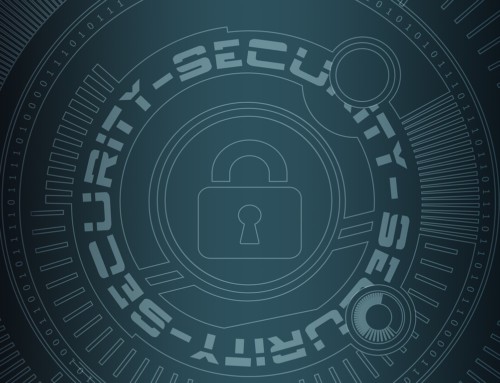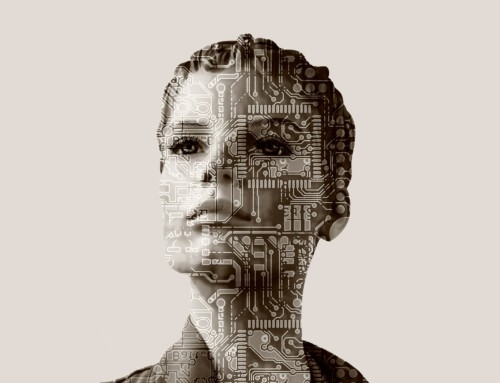This age of internet and technology dependency has opened different opportunities for many various cybersecurity incidents, such as data breaches, identity thefts, ransomware attacks… Not only they are getting more frequent, sophisticated and complex, but they are becoming increasingly targeted on stealing, compromising and manipulating valuable data, such as intellectual property, personal identifiable information, health records, financial data.
So, just like the Internet’s evolution, 30 years ago, made a disruption in the way we connect, communicate and research data, now a new technology is necessary to secure the way we connect, communicate and share our data.
Can blockchain technology help to improve cybersecurity?
It definitely has the potential to improve things in cybersecurity: from improving data integrity and digital identities to enabling safer IoT devices to prevent DDoS attacks, and offer improved flexibility, encryption, auditing and transparency.
Nowadays, the state of the Internet has made it imperative for us to use encryption by default. So, blockchain can solve the problem with poor implementation of security and lack of trustworthiness. Blockchain methods can be used to properly verify and sign transactions, thus build more trustworthy infrastructure for the digital services.
Although it is still young, there is promising innovation in blockchain to help improve cyber defense:
- Consensus mechanisms can help prevent fraudulent activities
- Based on the characteristics of immutability, transparency, data encryption, and operational resilience data tampering can be detected
- Full encryption of blockchain data ensures data will not be accessible by unauthorized parties while this data is in transit
How can blockchain be used in online communication systems for greater security?
The blockchain used in a communication system can be implemented as a public blockchain or private blockchain.
Public blockchain systems don’t require control access, because they are peer-to-peer decentralized system where the chain protocol allows anyone to access and participate in the network, providing they download the software.
The private blockchain systems, on the other hand, involve appropriate security controls to be in place to protect network access. To achieve this, blockchain can leverage the public key infrastructure (PKI) to authenticate and authorize parties, and encrypt their communications. The keys can be used for several purposes in the blockchain ecosystem: protection of user information, confidentiality of data, and authentication and authorization to the network.
This can help combat Man-in-the-middle attacks, if secure communication protocols are implemented on the blockchain. In such cases, the attacker won’t be able to either forge the user’s identity or disclose any data while in transit.
The encrypted and immutable state of Blockchain data can be used to create digital identities for users who will use the communication system, and the data to be shared will be controlled by the users themselves. Moreover, it can be used to secure users’ metadata. The users will not have to use any personal identifiable information to use the communication service.
Users identities and metadata can be protected behind a randomly generated hash table, a type of cryptographically signed credential, to prove the digital identity information in the identity owner’s possession and be randomly distributed throughout a ledger and thus will not be available for gathering in one single point, from which it could be compromised.
So, can Blockchain-based communication platforms be the future?
With all the activities online, giving consent to many different apps and terms of service, and having our identities distributed across many platform, we need new model for digital identity. We should be able to connect and communicate online with enhanced privacy and security and have total control over our identity data and who and when is able to access it.
As technology continues to play integrated part into our lives, the fear of identity and data compromise also grows. So, let’s hope encrypted Blockchain communication platforms could solve the problem of online privacy and security in the near future.





Leave A Comment